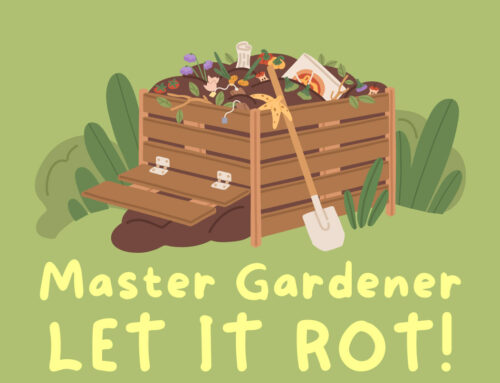Once the new residences at Lake Highlands Town Center, Haven Lake Highlands, finally got off the ground, Jeremy Velasquez from US-EcoLogic Inc. became involved. He works as a green consultant to ensure the project is approved by LEED for Homes (Leadership in Energy and Environmental Design), a voluntary certification system that promotes green construction for residential buildings. Here’s what the Lake Highlands North resident has to say about the LEED certification of this highly anticipated project.
What does a LEED certification encompass?
LEED covers the whole breadth and depth of the environmental impact from construction. So it looks at the building’s impact on the site and use of materials and resources and considers the total electrical and water usage. Another important component of LEED is the indoor air quality for residents.
It also looks at things like trying to reduce the tenants’ carbon footprint. LEED promotes and awards points for building in urban and semi-urban areas like the Lake Highlands Town Center location. Access to community resources and mass transit are crucial components of making a project green. Prescott Realty is trying to create a walkable community. I think that’s kind of what the whole goal is, that ultimately, when Lake Highlands Town Center is done, residents don’t have to get in their cars and drive. They can walk where they need to go or catch the DART to nearby city hotspots.
In terms of energy efficiency, there are a lot of factors that you have to consider: windows, HVAC and water heater efficiency, the insulation in the walls, the performance testing results, the percentage of high-efficiency lighting that you use, and so on.
What does a LEED consultant do?
We get involved during the design process. We work with the design teams early on to try to integrate all of the green measures. We sit down and we generate a checklist with the owner, the architect, and engineers, and we develop a consensus on the most appropriate measures to pursue to achieve certification.
As part of the design process we generate an energy analysis model of the building to approximate the actual energy usage and make sure they are meeting the protocol’s requirements. During construction we perform inspections to ensure compliance with all of the credits and requirements. A lot of our role, outside of just certifying the building, is quality assurance.
So you were involved from the beginning of construction?
Early on in construction, usually about the framing stage, we go out and perform a trades training, where we sit down with the general contractor, HVAC contractor, sheet-rocker, air sealer and the insulator and the rest of the pertinent trades, just to make sure everyone’s on the same page about what it is that we’re doing and what makes this project special versus your standard code-level project.
How will Haven Lake Highlands be different from the area’s other multi-family residences, and what part does LEED play in that?
I think it’s different because it’s more about creating a community than it is just building another building full of tenants. LEED [is important] because it promotes connectivity and walkable communities. This community has prompted a lot of change in the area [such as] a new DART station and connection to surrounding hike and bike trails. Lake Highlands Town Center should be a resource for the surrounding residential areas, not a burden or an eyesore. I don’t know what their full plans are for the entire development at the moment, but it seems like it’s going to be mixed-use development with resources for the surrounding communities, so they don’t have to branch out to do shopping outside of our community.
And with LEED, the units are healthier. All the units have fresh air systems installed. There’s continuous fresh air that’s pumped into each unit. We have higher filtration requirements for the HVAC system. There are more tangible things, like you can say to someone, your utility bills will be lower than this guy down the street that’s not in a LEED project. There’s reduced water usage and more efficient HVAC systems. You’re saving money because you live in a green project.
So as a Lake Highlands resident, you want to this to be a great place, right?
I think there’s been a lot of anticipation for Lake Highlands Town Center for a long time. People got kind of tired of waiting and are curious about what’s going to happen. Obviously it’s moving forward, and from what I understand this is just one small piece of the whole development, but the residential component of the development makes the whole project work, I think. The residents will have access to the resources once they become available, and the resources will be fed by the residents. So it kind of seems like a win-win to me.






